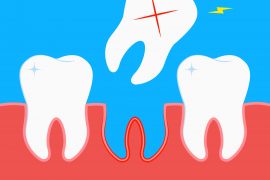A research team observed patients with irritable bowel syndrome for several months and found that their stool contained particularly high levels of histamine when they were in severe pain. In germ-free mice the bacterium Klebsiella erogenes was the most important producer of histamine, in which intestinal flora was transferred from irritable bowel patients. The bacteria convert histidine, which is found in animal and vegetable proteins, into histamine. This then activates the immune system and moves mast cells into the gut, which release even more histamine and other messengers that trigger inflammation and pain.
It was found that histamine production by bacteria was significantly reduced when animals were fed a diet containing low fermentable carbohydrates. This may explain why some patients with irritable bowel syndrome benefit from dietary changes or the FODMAP diet that avoids such carbohydrates. Some also benefit from treatment with mast cell stabilizers or antihistamines.
Professor at McMaster University in Canada. Giada de Palma is optimistic about the results: “Now that we know how histamine is produced in the gut, we can identify and develop therapies that target histamine-producing bacteria.”
Source: DOI 10.1126/scitranslmed.abj1895

Web guru. Amateur thinker. Unapologetic problem solver. Zombie expert. Hipster-friendly travel geek. Social mediaholic.





